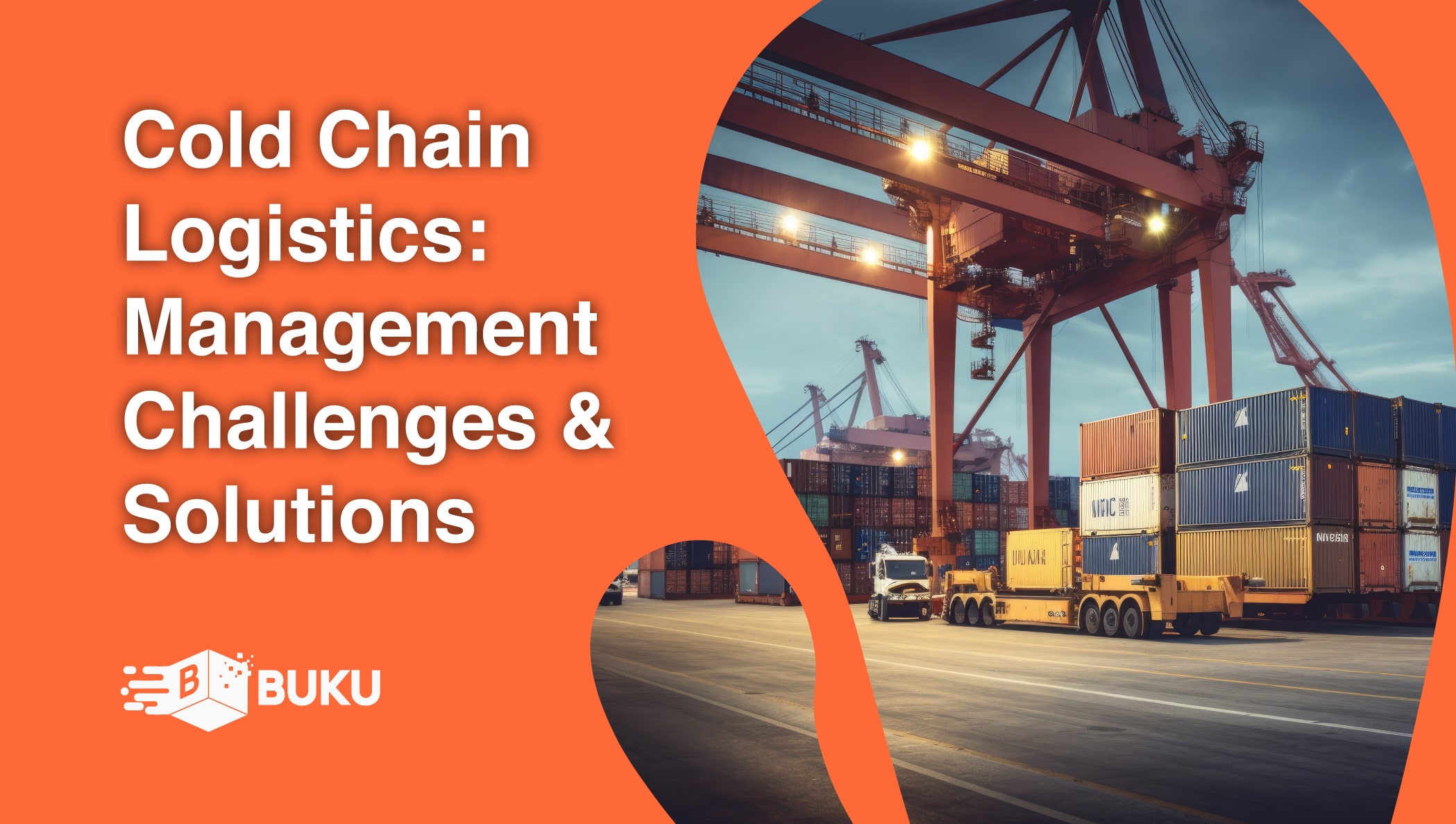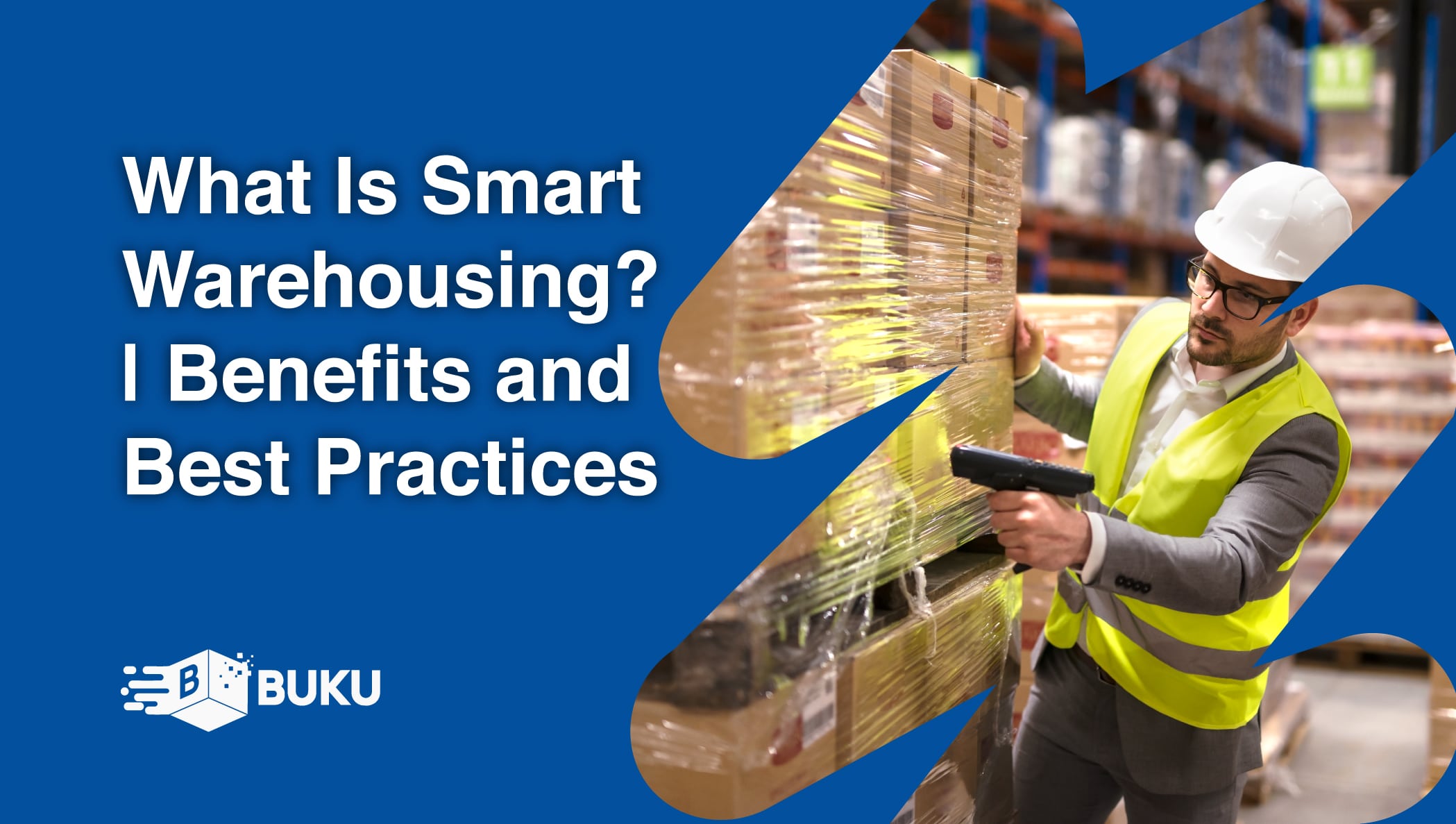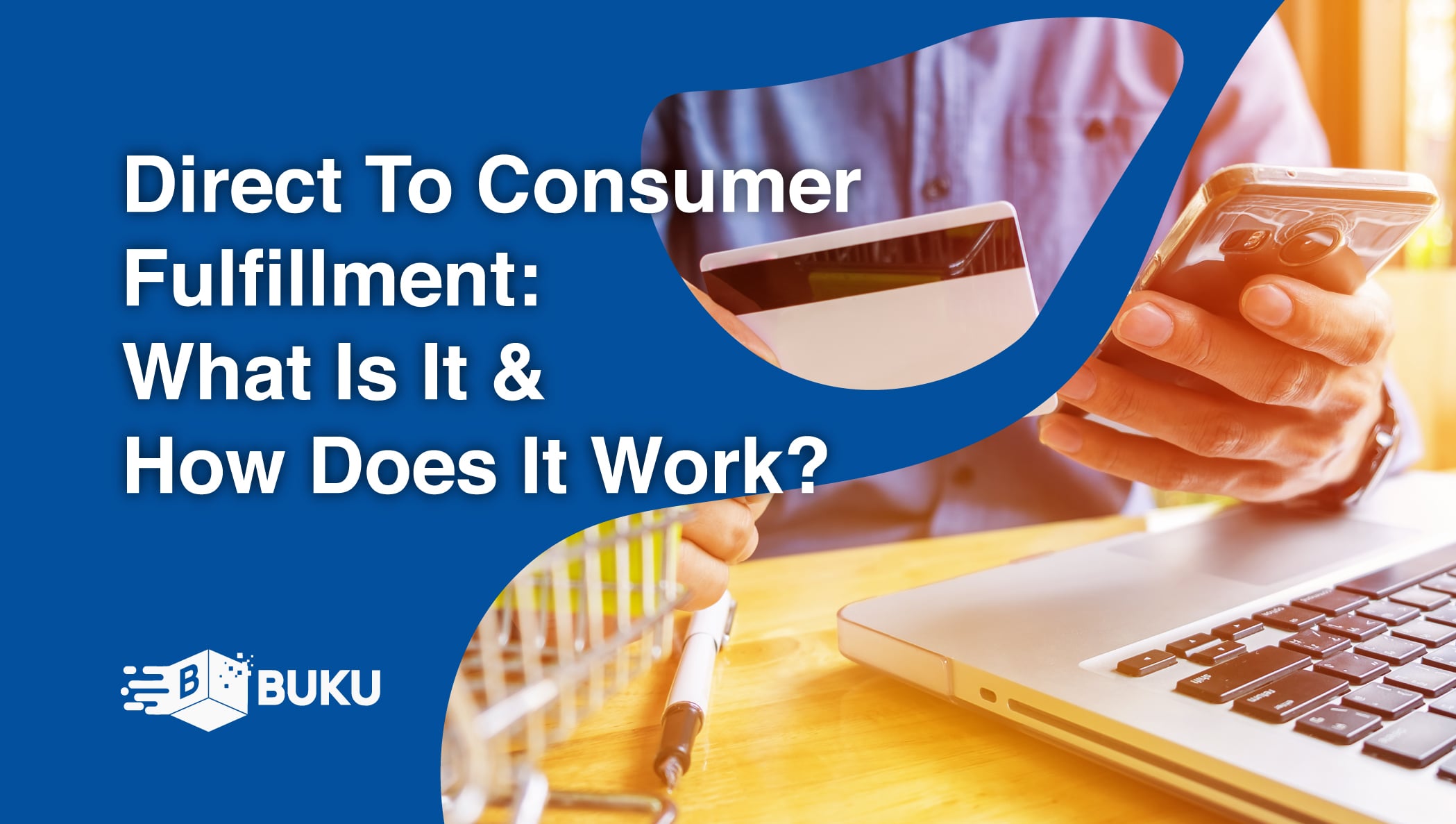Cold Chain Logistics: Management Challenges & Solutions
The supply chain is a term used to describe all the components required to transport goods from beginning to end, from production to the end...
3 min read
 Ken Muir
:
Nov 10, 2021 10:30:00 AM
Ken Muir
:
Nov 10, 2021 10:30:00 AM
.png)
We get asked all the time why so many people are switching from legacy shipping software providers to BUKU's shipping platform. There are many reasons we are the fastest growing ShipTech company in the world. Here are a few of those reasons:
At BUKU we know that if we focus completely on our customers, the rest they say, "takes care of itself". Online sellers have issues with their shipping. It's so complex that many online sellers just pick a single carrier and rate and then add a fixed amount into the shipping charge they pass onto their customer. They forgo incredible sales opportunities for their products by not shipping internationally due to further complexity. BUKU exists to solve these headaches for our customers. We provide all the software, consulting, support and discounted rates that our customers need to help them drive their businesses across the globe, reduce shipping expense and complexity and most importantly, focus on the product they build and sell and NOT their shipping.
We focus on the experience of our "customer's customer" or the end-buyer. We know that it's because of the experience we provide to these end-buyers that our customers absolutely love us. The end-buyer cares primarily about the following:
Our software provides all of the above and enables our customers to provide the best possible experience for their customers resulting in increased business, increased brand loyalty and better online ratings.
With BUKU there is no software to install. All our services are delivered from the BUKU Software-as-a-Service (SaaS) platform. Legacy software providers are built on old and outdated technologies and in some cases require on-premise software to be installed and maintained. Other SaaS providers only provide a sub-set of the features BUKU provides resulting in disjointed products and don't talk to each other nor provide the complete experience that BUKU provides for its customers.
Artificial Intelligence or "AI" is a key differentiator for BUKU. Many companies claim "AI" capabilities but in reality all they provide is limited data analytics that they try to bolt onto their offerings as an afterthought. BUKU's platform was built from the ground up with AI as a key function of our architecture. Tens of thousands of transactions are captured each day by the BUKU Post Office. Each service we offer "consults" with our AI engine and receives back real-time augmented intelligence that may alter the original decision. For example... a carrier may pair a $10 rate with a 2-day delivery time. Our AI engine can see from recent shipments that the carrier is having difficulties delivering on-time in the destination region (due to a storm or other logistical issues). Our AI engine detects that the data shows another carrier is having better actual delivery times at a reduced cost from the first carrier and dynamically updates the shipping choice to the end user which may be different than the static pre-loaded rates. Additionally our Beyesian algorithms detect additional patterns, trends and abnormalities that assist in predicting the shipping experience and end customer may have with any size shipment at any data in the future. This enables adjustments to be made in real-time for all of BUKU's services.
We have deeply discounted rates with hundreds of carriers. For our customers that don't already have their own carrier rates, we pass on these savings to our customers in addition to the great service our software provides. If you have your own rates, you can still use those rates and receive the benefits of our software platform.
We have a team of industry experts and offer free* consulting services to any business. Not just to our customers. Click on the contact link and provide your information and one of our consultants will call you within 24 hours and begin solving your problems.

The supply chain is a term used to describe all the components required to transport goods from beginning to end, from production to the end...

A smart warehouse is a large building where raw materials and other consumer goods are stored using machines, computers, comprehensive software, and...

Direct-to-consumer (DTC) fulfillment is a strategy that helps brands sell and deliver their products directly to customers more efficiently while...